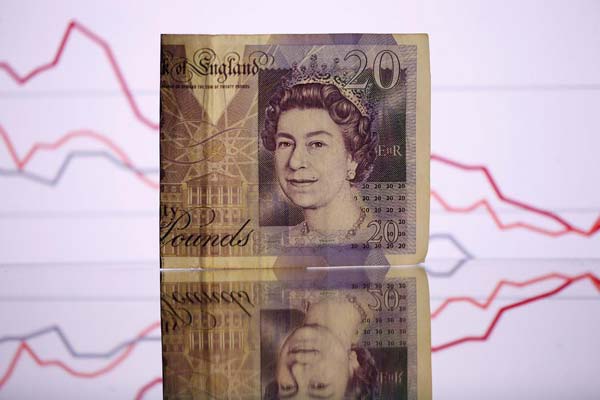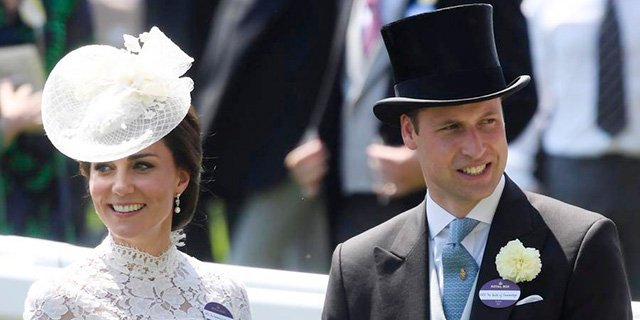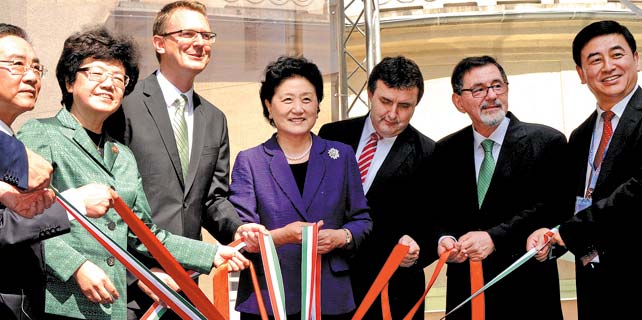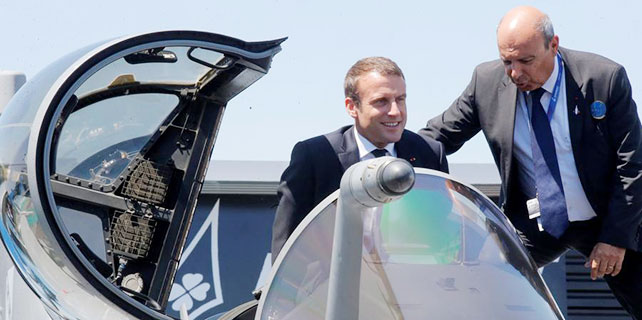Sterling falls amid gloomy prospects for UK economy
British currency and stock markets fell on Tuesday after the governor of the Bank of England delivered a pessimistic speech about the prospects for the United Kingdom's economy as the nation prepares to leave the European Union.
|
 |
|
A twenty pounds banknote is seen in front of displayed stock graph in this picture illustration taken June 9, 2017. [Photo/Agencies] |
Mark Carney said the British economy was too unstable to bear a rise in interest rates and noted that he would have to see how the economy reacts to the emerging reality of the UK's departure from the EU before re-assessing the interest rate.
The FTSE 250 and the FTSE 100 indices of UK companies both fell, as did sterling, losing a cent against the dollar and the euro.
Speaking at the Lord Mayor of London's Mansion House residence, Carney spoke of the threat to the UK's financial services industry if British negotiators are unable to secure the right deal upon leaving Europe. He described how important finance was to the UK's balance of payments and its revenue.
The governor said the transition to being a country outside the EU will leave the nation poorer, and he noted there was little the Bank of England could do to stop it.
He concluded by saying that it will soon become clear how comfortable it will be to leave the EU.
"Before long, we will all begin to find out the extent to which Brexit is a gentle stroll along a smooth path to a land of cake and consumption," he said.
Following the speech, ratings agency Standard and Poor said it would not wait until the conclusion of Brexit negotiations before assessing the UK's creditworthiness. It cut the UK's credit rating from AAA to AA after the Brexit referendum last year and maintains a negative outlook on UK debt.
Carney's speech followed an earlier speech by Chancellor of the Exchequer Philip Hammond and an event that was postponed after last week's high-rise fire in London that left at least 70 people dead.
Hammond said a good Brexit deal was possible but must include a full agreement on trade and services, a mutually beneficial transitional arrangement to avoid disruption, frictionless customs arrangements, and an implementation period during which the UK will observe customs rules but be outside the customs union.
The chancellor emphasized the importance of the UK's financial sector to the EU and warned against any disruption to it.
"Remember, 60 percent of all EU capital markets' activity is executed through the UK. UK banks provided more than 1.1 trillion pounds of cross-border lending to the rest of the EU during 2015," he said.






















